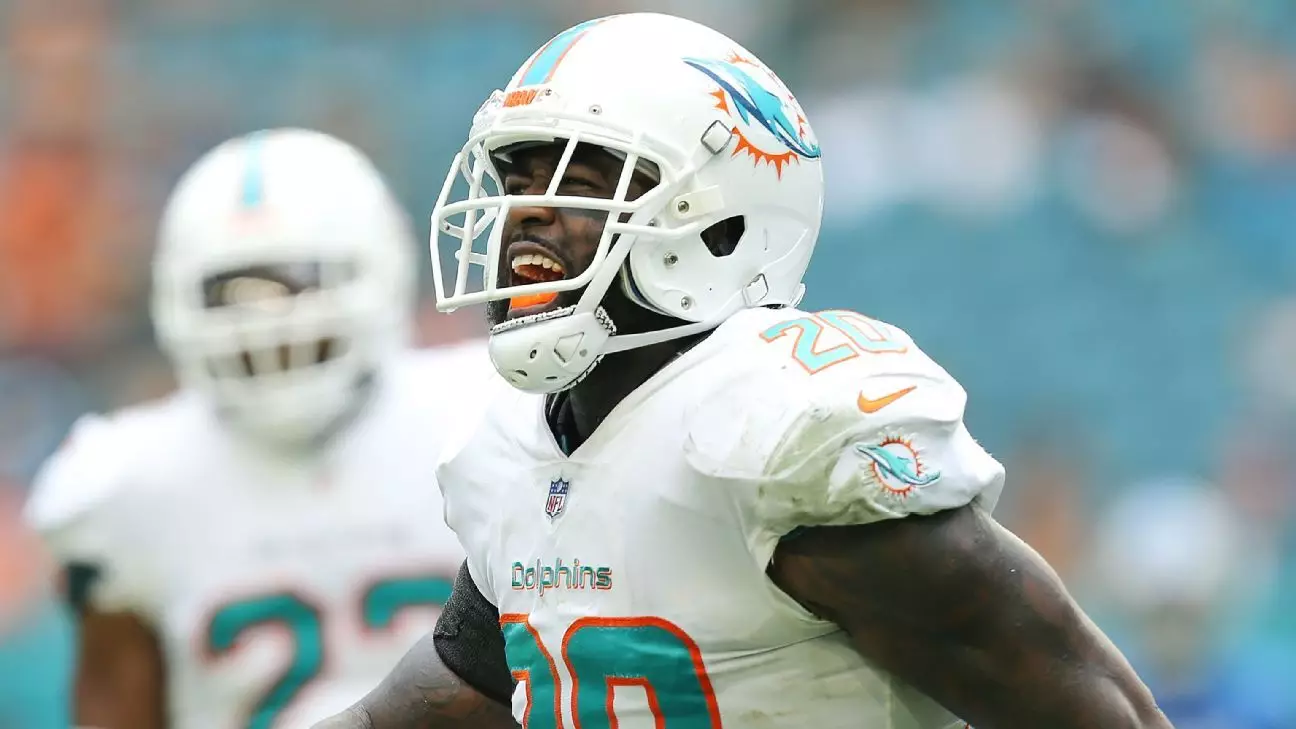In an era where financial sophistication and professional oversight are assumed to secure wealth, the recent scandal involving former NFL player Reshad Jones exposes a brutal truth: trust, often misplaced, can be a dangerous gamble. This case is a stark reminder that financial guardians—no matter how reputable—can turn into predators. Jones’ experience reveals that even those who safeguard millions can be manipulated by insiders, highlighting the peril of assuming expertise equates to integrity.
What is perhaps most unsettling is the ease with which the deception was executed. An individual within a major banking institution, Merrill Lynch, exploited his access, funneling millions of dollars into luxury lifestyles and legal tangles. It reflects a systemic concern: the vulnerabilities embedded in high-stakes institutions that are supposed to protect clients. The fact that a vice president at a global financial power could betray a trusted client suggests that no level of institutional prestige is immune to internal corruption. This erodes the foundational belief that wealth management equals security.
The Cost of Naivety in a World of Complex Deception
Reshad Jones, a disciplined athlete who dedicated a decade to the NFL, found his financial life under siege not from unforeseen circumstances but from betrayal within the very systems designed to serve him. This case emphasizes a tragic irony: the very professionals entrusted with safeguarding wealth can become the scheme’s architects. For many high-net-worth individuals, especially athletes who often depend on advisors post-career, this underscores the importance of vigilance and skepticism.
Jones’ experience is a testament to how easily trust can be exploited, especially when the victim minimizes due diligence. His declaration that he never met the woman accused of laundering money underscores a widespread misconception—that simply having a reputable firm or advisor ensures safety. The harsh reality is that vigilance must extend beyond brand reputation to personal involvement and continuous oversight. Without it, even the most substantial financial assets remain vulnerable to exploitation.
The Harsh Reality and Systemic Flaws
The case also shines a spotlight on systemic flaws within the industry. Large financial institutions, while offering safety, harbor individuals capable of unchecked malfeasance. Merrill Lynch’s involvement—and the subsequent lawsuit—highlight that institutional accountability is sometimes more superficial than effective. It raises urgent questions about oversight, transparency, and accountability practices that must evolve to prevent repeat tragedies.
Furthermore, the criminal activities of Graham, who faces multiple serious charges, show how money laundering and grand theft are interconnected in these manipulative schemes. The fact that Jones’ assets were laundered through someone he never met emphasizes how complex and insidious such schemes are. It also forces us to question the adequacy of current regulation and the need for more stringent checks to protect clients from internal fraud.
This scandal reveals that even with the best intentions, those who wield trust-building authority can falter, and the system as a whole needs an overhaul. Athletes, high-net-worth individuals, and every financial stakeholder must adopt a mindset rooted in active vigilance rather than blind reliance. Only then can trust be genuinely earned, not exploited.


Leave a Reply